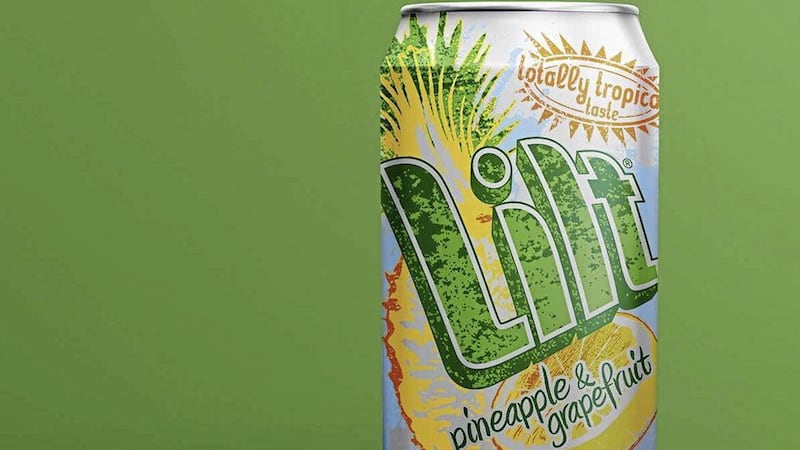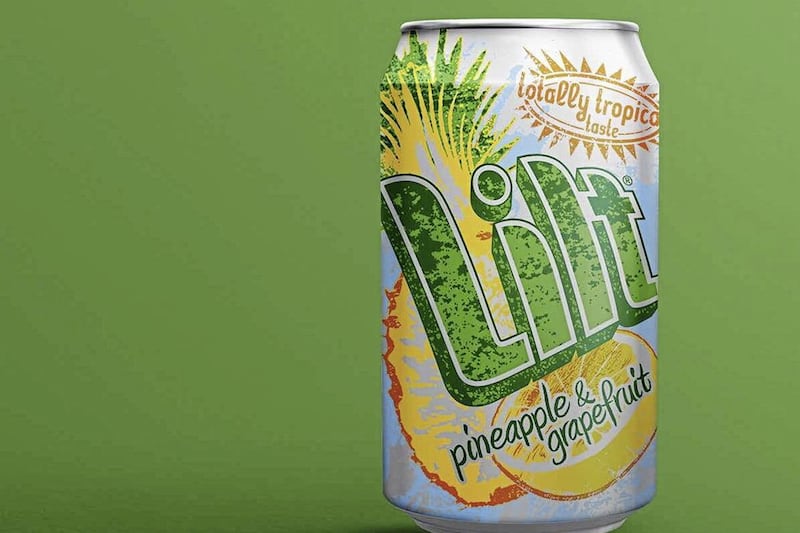LILT fans have been left with a sour, rather than tropical, taste in their mouths after it emerged that the popular soft drink is to be rebranded after nearly 50 years.
The Coca Cola Company confirmed it will be relaunched as Fanta Pineapple and Grapefruit, assuring customers "absolutely nothing has changed when it comes to the iconic taste."
First launched in 1975, the sweet carbonated drink became famous of its catchline "totally tropical taste" and a 1988 advert showing the Lilt man delivering cans on a sunny beach.
The Lilt Ladies, played by two Jamaican women, later became the face of the brand in the 1990s.
On social media, many fizzy drink lovers mourned the loss of a childhood staple that represented paradise in a can.
Hinting that declining sales may have been behind the rebrand, one Twitter user admitted they had not bought a can of Lilt in years but were still "outraged" it was being discontinued.
Another photoshopped a bottle of Lilt beside William Shakespeare, with the caption "A Lilt by any other name would taste as totally tropical."
Despite being a household name in the UK and Ireland, Lilt was only sold in a limited number of markets including Gibraltar and the Seychelles.
While the same product will still be available on the shelves, rebranding can be a notoriously expensive and risky enterprise.
The bar was set for repackaging a well-known brand in 1990, when Marathon in the UK became Snickers to help market it on a global basis.
In 1985, Coca Cola notoriously changed the recipe of their flagship drink to relaunch as New Coke when rivals Pepsi challenged them for the top spot.
The reaction from horrified American customers, who viewed Coca Cola as a national symbol, was so strong that within months Coca-Cola Classic was re-introduced to bumper sales.
Many speculated at the time it had all been a marketing ploy to boost profits, which the company denied.


